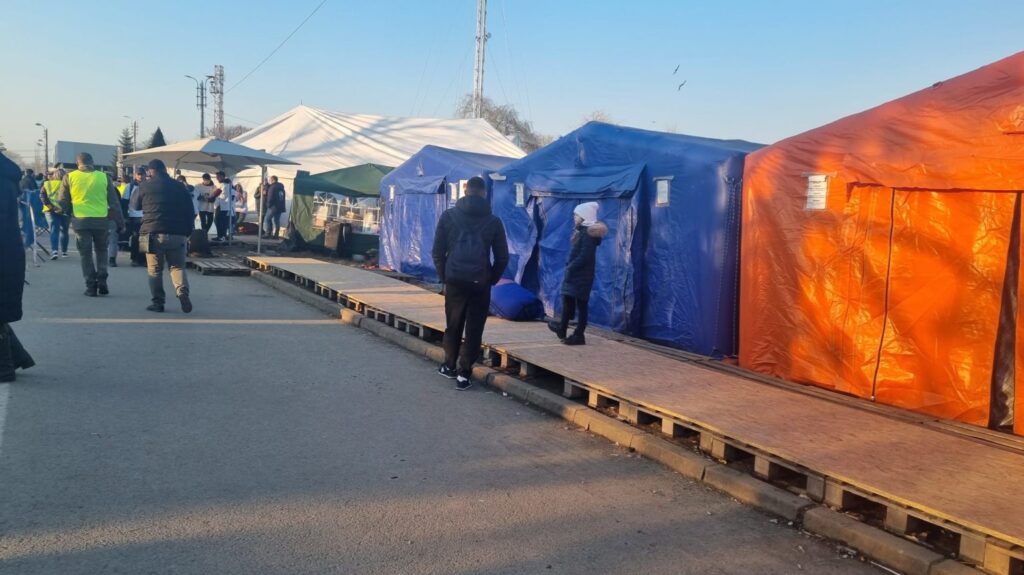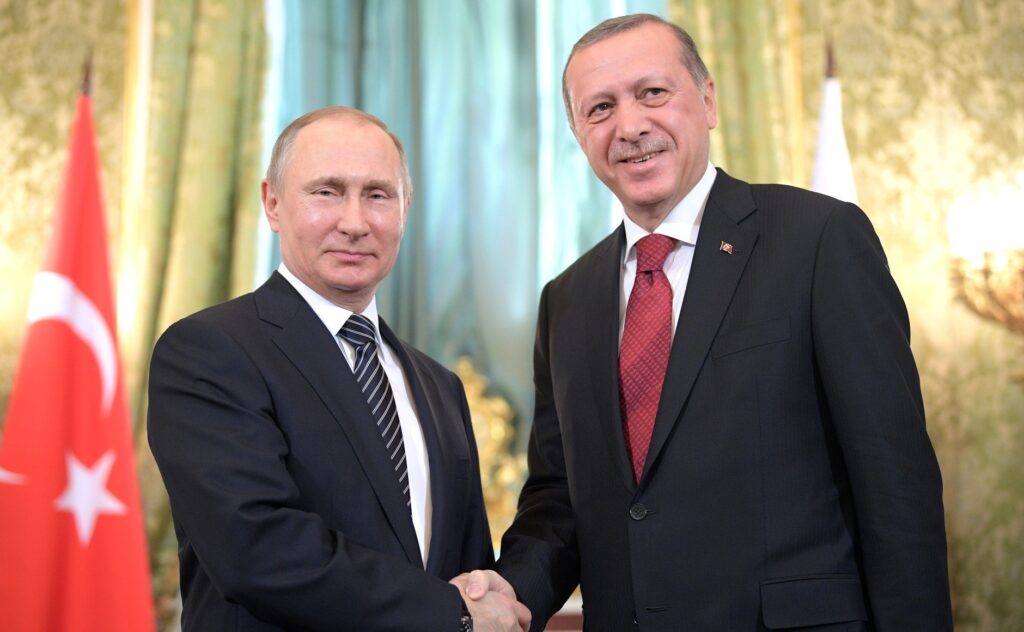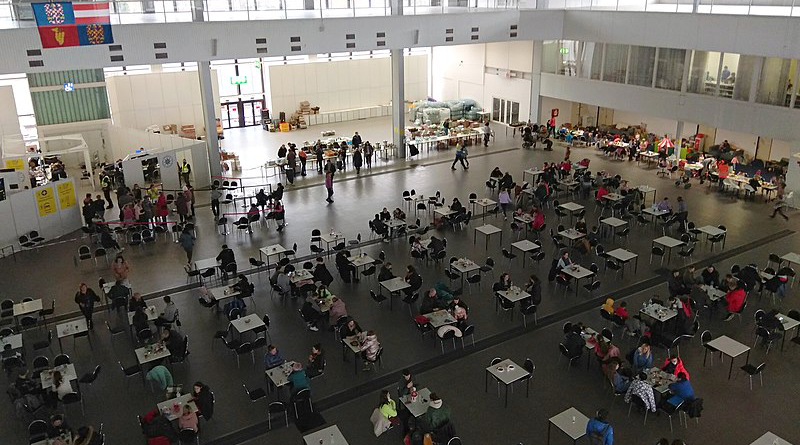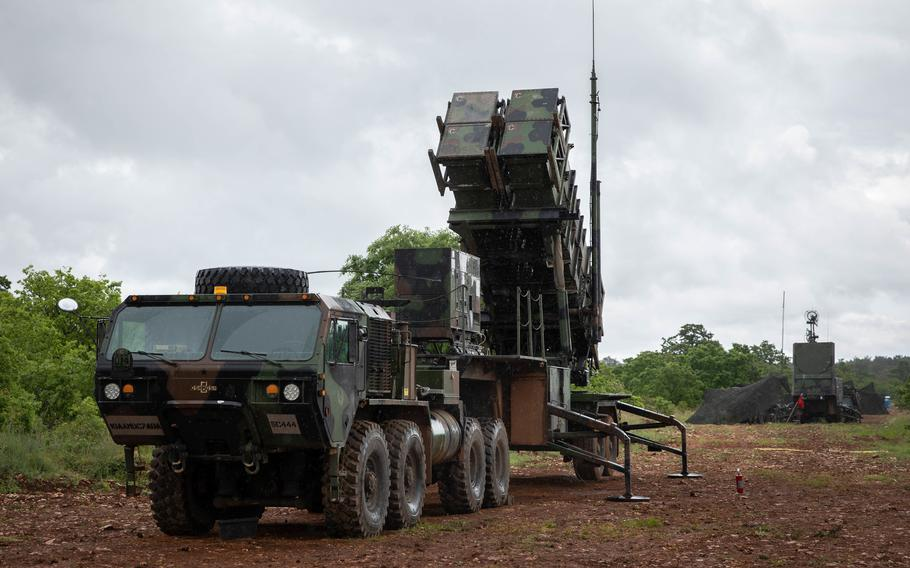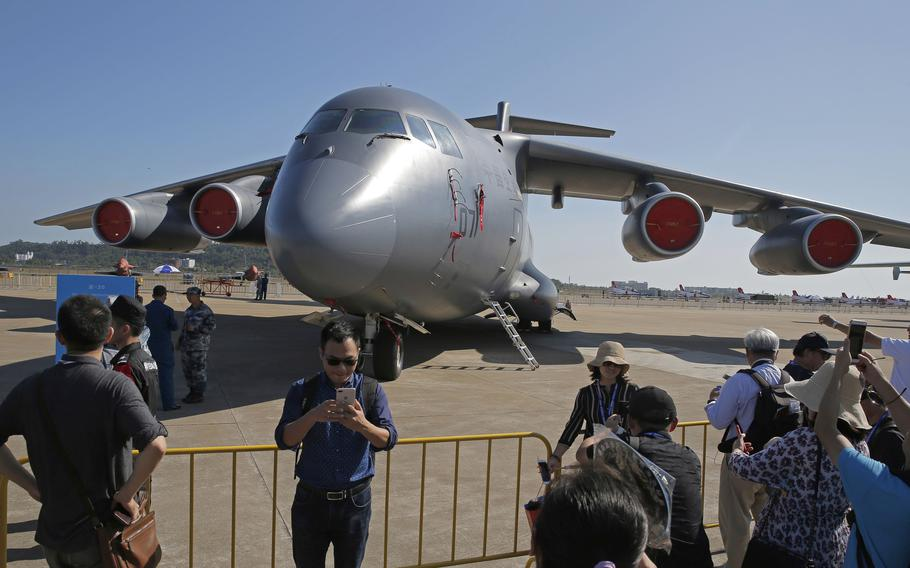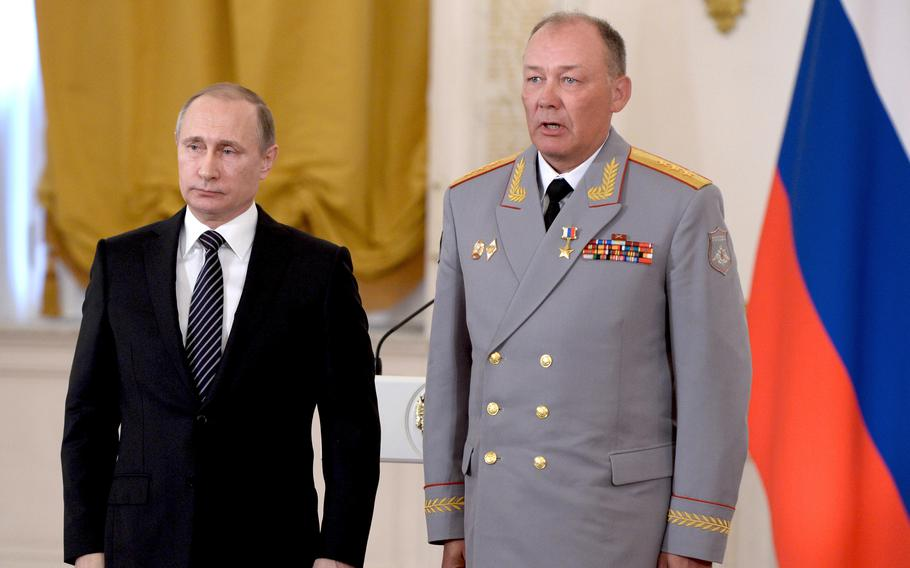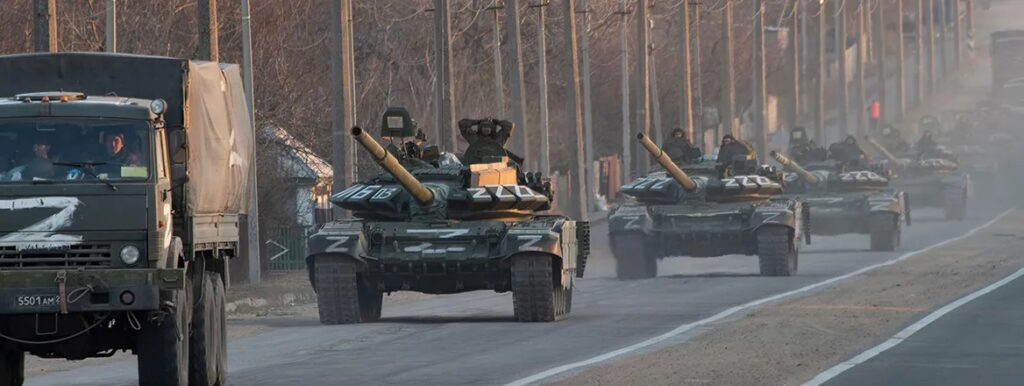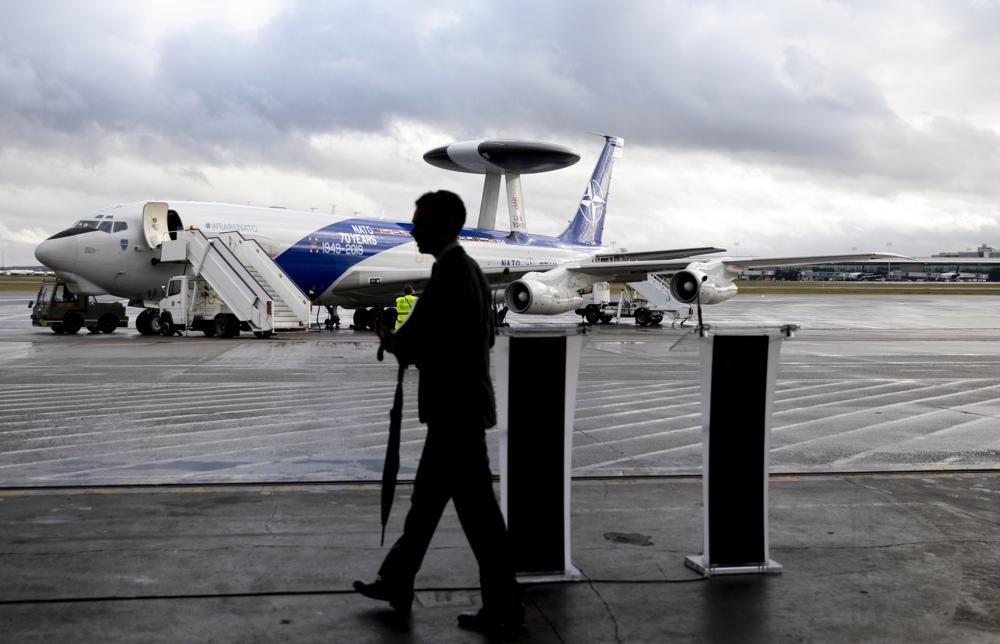The Horror of Bucha
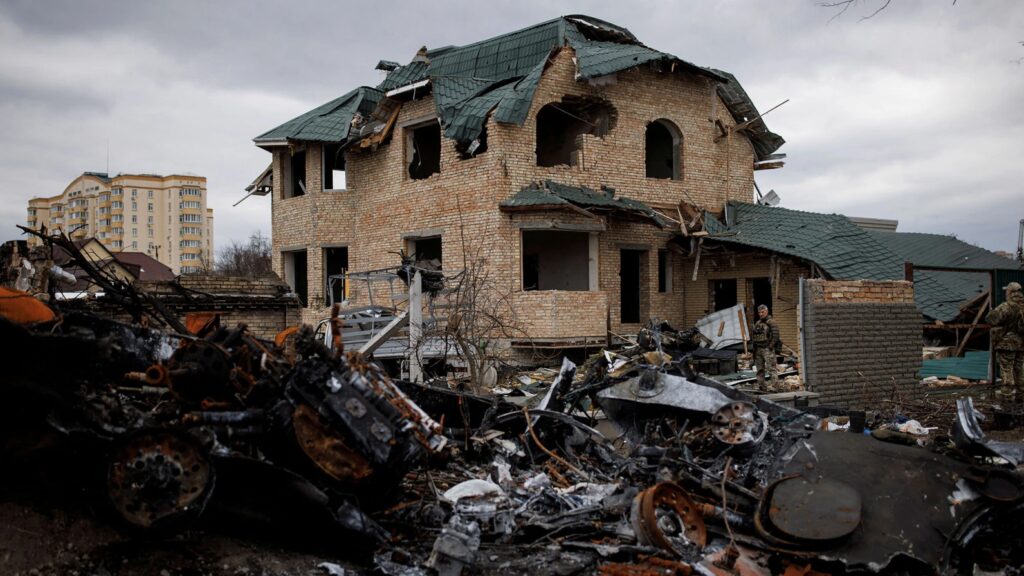
he Russian retreat from the Kyiv suburbs left behind mass graves and corpses strewn everywhere for the world to see. The most horrific of these scenes was discovered in the Kyiv oblast suburb of Bucha last week after Ukrainian troops reclaimed the city.
Early reports piece together a sickening mosaic of gratuitous violence inflicted on the city’s residents for weeks.

